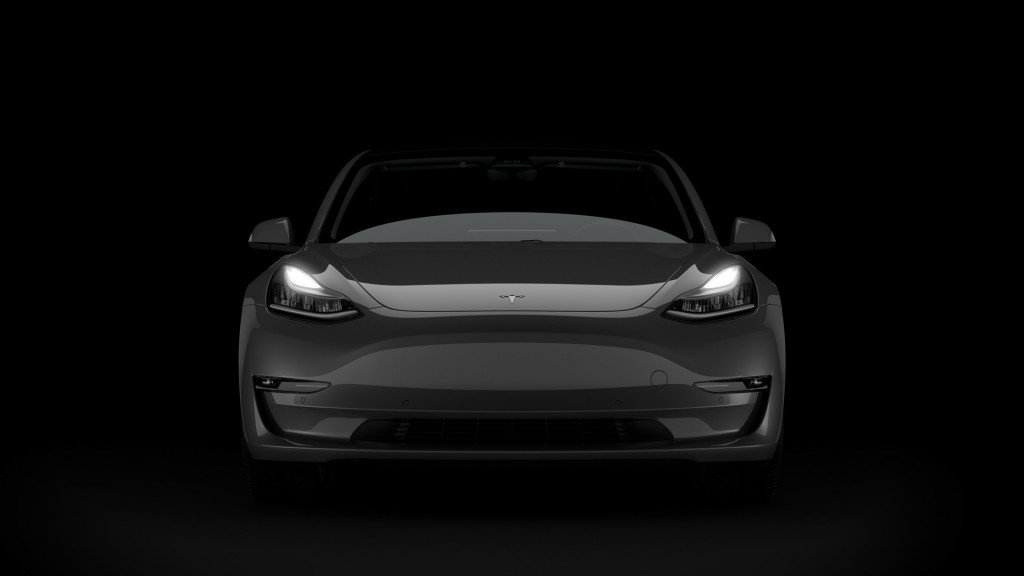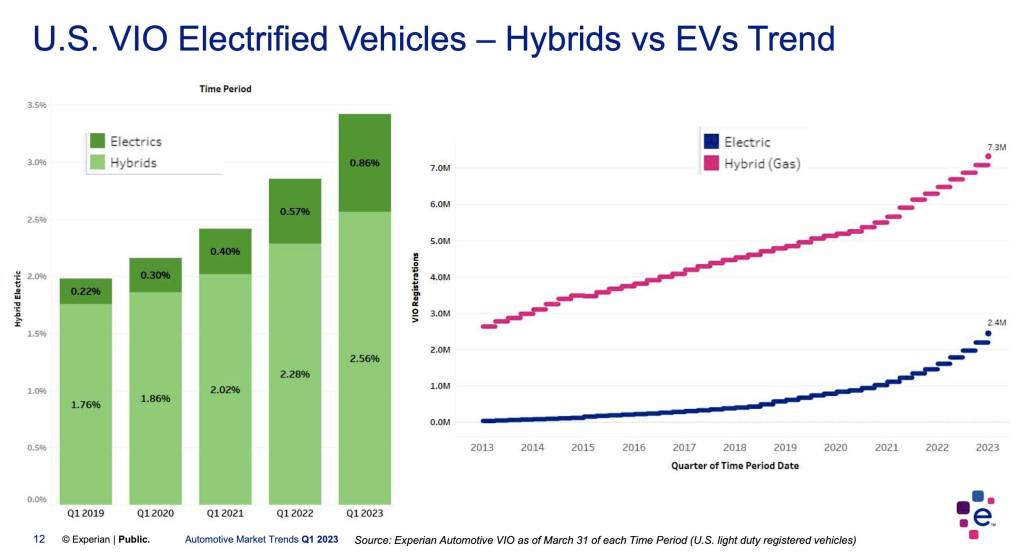Spurred by Tesla price cuts earlier this year, the Model Y is surging once again in U.S. sales, as indicated by registration-based data out this week from Experian.
According to the firm, as cited by Automotive News, registrations of the Tesla Model Y very nearly doubled (up 99%) for January through April 2023, versus the same period in 2022. Meanwhile, the Model 3 for the same period was up 28%.
As underscored by Experian’s Automotive Market Trends report for the first quarter of 2023, the Tesla Model Y was the second-best-selling vehicle of any kind, after only the Ford F-150 lineup.

2022 Tesla Model 3
That means the Model Y, ranked one of the most American-made vehicles, is now outselling the Toyota Camry, Honda CR-V, Nissan Rogue, Corolla, Civic, Accord, and others that have dominated the sales charts.
Tesla maintains more than a 60% share of the U.S. EV market, and EVs now make up about 7% of overall U.S. vehicle sales. The Tesla Model 3 and Model Y together added up to nearly 4% of U.S. new-vehicle registrations in the quarter.
That leaves the U.S. fleet looking increasingly like that of California, where Tesla has dominated. It captured 78% of EV sales in 2022, and EV sales made up around 20% of overall sales.

EVs and hybrids relative to entire U.S. vehicle fleet. – Experian
But the U.S. fleet as a whole turns over slowly and the average age of passenger cars and light trucks remains about 12 years. In the first quarter of 2023, EVs made up 2.4 million total U.S. registrations (counting EVs of all ages)—amounting to just 0.86% of the vehicle fleet. While that’s a very minor portion of the fleet as a whole, that’s more than double the 0.40% of the fleet EVs added up to in Q1 2021.
Hybrids are also climbing in the fleet makeup, though they’re not accelerating at the rate that EVs are relative to the overall fleet. They stood at about 7.3 million, or just over 2.5% of the overall fleet in Q1 2023, up from just over 2% of the overall fleet in Q1 2021.

